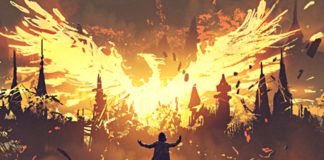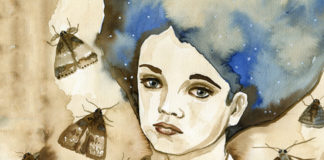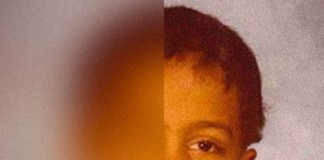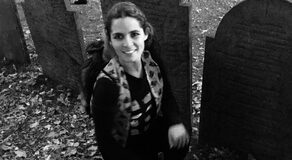Tag: childhood sexual abuse
Human
God-like, they assured me they knew what was wrong with me and had the elixir. But their elixir was a poison.
What Happens When There Is No Help?
My family and my rapists, abusers and psychiatrists all had it in common that they wanted me to “take something” to become more obedient and quiet.
The False Memory Syndrome at 30: How Flawed Science Turned into...
Soon after states finally began providing adults who remembered childhood abuse with the legal standing to sue, the FMSF began waging a PR campaign to discredit their memories—in both courtrooms and in the public mind.
No Graphic Detail: The Injustice of Being Silenced
They tell us we’re too fragile to speak our own truth, and that those around us are too fragile to hear it. If you must name what happened to you, at least slap a “trigger warning” on yourself, and don’t “paint a picture.” Fuck that. The truth is that graphic detail can make some of us stronger in a way that silence never could.
Against the Odds: ‘Unimproved Schizophrenic’ to Yale PhD
Forty years after I had first been admitted to the hospital, I was ready to confront my past. So, I sent for my hospital records, and I read them. As an experienced clinician, I recognized immediately what the doctors hadn’t been able to see in 1960: my problem wasn’t ‘schizophrenia’ but PTSD, connected with incest.
The Silence: The Legacy of Childhood Trauma
In this piece for The New Yorker, Junot Diaz reflects on the impact of his experience of childhood sexual abuse and the ways that therapy...
Daughter of a Psychiatrist
Here I was, 15 years old and already in a long-term treatment facility. I was, on paper: crazy! This entire time, all the adults in my life had been speaking for me. I never felt like I was any of the things they said, but I went along with it. What else could I have done? Every time I rebelled, it only confirmed to my mother what she thought of me.
Victim Blaming: Childhood Trauma, Mental Illness & Diagnostic Distractions?
Why, despite the fact that the vast majority of people diagnosed with a mental illness have suffered from some form of childhood trauma, is it still so difficult to talk about? Why, despite the enormous amount of research about the impact of trauma on the brain and subsequent effect on behaviour, does there seem to be such an extraordinary refusal for the implication of this research to change attitudes towards those who are mentally ill? Why, when our program and others like it have shown people can heal from the effects of trauma, are so many people left with the self-blame and the feeling they will never get better that my colleague writes about below?
















